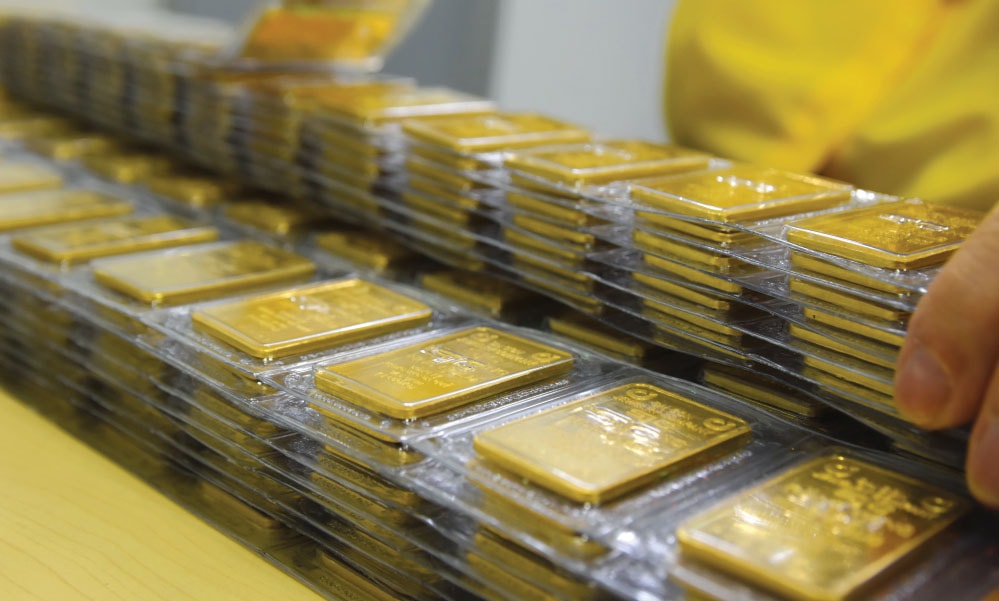Gold could become the new cash in the global financial system
Amid global economic uncertainty, gold is emerging as a strong candidate for the new role of cash. With its high liquidity, stability and wide recognition, many experts believe it is time for the global financial system to reconsider its position.
In a context of global economic uncertainty and rising geopolitical tensions, the role of gold in the world financial system continues to be a subject of debate.
Although gold has been recognized as a Tier-1 asset under Basel III regulations on par with cash, it has not yet been classified as a high-quality liquid asset (HQLA), something the World Gold Council (WGC) is working to change.
In its latest report, the WGC recommended that the Basel Committee on Banking Supervision (BCBS) review the classification of gold. They said that in the context of the recent strong financial market volatility, from the decline of the stock market, the sell-off of US government bonds, to the widening of bid-ask spreads, gold has clearly demonstrated high liquidity and good value retention, similar to assets classified as HQLA.

Currently, gold is classified differently in the Basel system. Gold stored in banks (allocated gold) is considered a primary asset.
However, unallocated gold is treated as a commodity, subject to a fixed capital requirement ratio of up to 85% and is not recognized for its use value, making gold ownership financially inefficient.
The WGC said that over the past six months, gold has consistently demonstrated the key characteristics required for HQLA status. One of the main reasons is that gold has a volatility level comparable to one of the leading HQLA assets, the 30-year US government bond.
According to the data, gold's average intraday volatility is 0.027%, almost the same as the US 30-year bond (0.028%).
Not only that, the gold market is also very transparent, with the bid-ask spread being only about 2.2 basis points, lower than many other assets in the same volatile market conditions.
Gold trading volume on the London Bullion Market Association (LBMA) OTC market also averaged $145 billion per day, equal to US bonds with maturities of 7 to 10 years.
Gold is now seen as a haven of last resort by global investors as rising debt and high inflation make bonds less attractive. This is true not only in the US but also in Japan, where two recent long-term bond auctions have fallen short of expectations.
The World Gold Council affirms that, unlike many other financial assets, gold is globally recognized, does not bear credit risk and can be traded across borders. Therefore, gold fully qualifies to be recognized as the highest level of liquid asset HQLA.
The WGC report comes just weeks after the European Central Bank (ECB) warned that the influx of investment money into gold could destabilize the market. However, many experts say the ECB's assessment does not reflect reality.
According to WGC, although gold has fluctuated strongly in recent times, it has maintained better liquidity and stability than many other assets.





